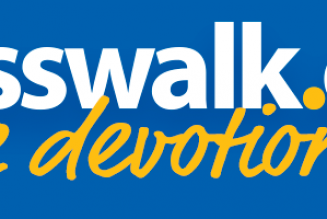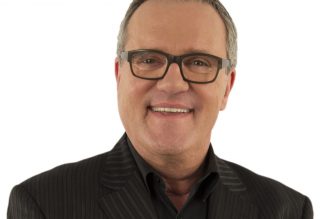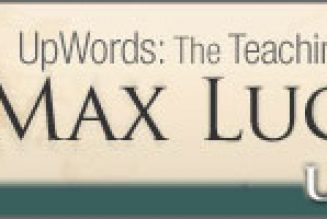
“We homeschool.”
It’s amazing how loaded a two-word answer can be. If I’m in a room full of public school teachers, it can come across as condescending and dismissive of public education. If I’m in a room full of home school parents, it can make me sound like a hero. If I’m surrounded by Christian school parents, it might elicit pity.
I don’t think there is any more divisive topic among Christian parents than the topic of education. But it doesn’t have to be this way. There’s a way to have strong convictions about the type of schooling we prefer for our children in this season of life and still acknowledge that this is a complex issue and an issue that might lead Christian people to different conclusions.
I’ve lived on all sides of this issue. As a Christian school kid, I thought, for long stretches of my childhood, that I was superior in spirituality to those kids who attended public schools. I also thought I was a bit more sophisticated than the rubes who homeschooled. Much of this was fed me by my well-meaning, but (in my view) misguided teachers who acted as if the only option for serious Christian parents was to enroll in a church-sponsored school.
Then something happened. I grew up and saw Christian school kids and home-school kids who left the faith, destroying the narrative that a Christian school automatically churns out kids who love Jesus and are ready to engage the world. What’s more, I witnessed the vibrant faith and missionary heart of friends and family members who attended public school. We had looked down on their parents because they “sacrificed their children” in “godless, state schools.”
This taught me that parents really are the main spiritual influence in a child’s life (humanly speaking). Educational choices matter for a variety of reasons, but there is no fail-proof method that guarantees an outcome of perfect children.
As a pastor, I also saw the potential for this issue to divide the body of Christ. So I worked hard to cultivate a spirit of Christian liberty about educational choices. In my church we had parents who chose a variety of options and we affirmed the worth and dignity of every kind of student and discouraged any kind of overt recruitment to any one style of education.
The choice of education for our children is a very important issue. Every parent should weigh the factors: the quality of their local schools, their own financial situation, the educational needs of their children, and the commitment needed by the parents. We should also acknowledge the good and bad in each option. And we should consider that some options might be good in different seasons of a child’s academic career.
What’s more, while we may be passionate about one particular style, we should obey the spirit of 1 Corinthians 8, where Paul counsels us from using Christian liberty as both a platform for legalism or an excuse to flaunt our freedoms. The unity of the Church is more important than the important (but non-essential) area of education. The educational choices of parents is not a matter of theological orthodoxy. So we must be careful not to judge other parents. Instead, we should cultivate a humble spirit about our own decisions and extend grace and love to others.
Daniel Darling is the Vice President for Communications for the Ethics and Religious Liberty Commission of the Southern Baptist Convention (ERLC). For five years, Dan served as Senior Pastor of Gages Lake Bible Church in the northwest suburbs of Chicago and is the author of several books, including Teen People of the Bible, Crash Course, iFaith, Real, and his latest, Activist Faith. He is a weekly contributor to Out of Ur, the blog of Leadership Journal. His work has been featured in evangelical publications such asRelevant Magazine, Homelife, Focus on the Family, Marriage Partnership, In Touch with Dr. Charles Stanley. He has guest-posted on leading blogs such as Michael Hyatt, The Gospel Coalition, OnFaith (Washington Post), and others. He is a contributing writer for many publications including Stand Firm,Enrichment Journal and others. Dan’s op-eds have appeared in Washington Posts’ On Faith, CNN.com’s Belief Blog, and other newspapers and opinion sites. He is a featured writer for Christianity.com, Crosswalk.com, Churchleaders.com and Believe.com, Covenant Eyes, G92, and others. Publisher’s Weekly called his writing style “substantive and punchy.” Dan is a sought-after speaker and has been interviewed on TV and radio outlets across the country, including CNN, 100 Huntley Street, Moody Broadcasting Network, Harvest Television, The Sandy Rios Show, American Family Radio, the Salem Radio Network, and a host of other local and national Christian media. He holds a bachelor’s degree in pastoral ministry from Dayspring Bible College and is pursuing a Masters of Divinity degree from Trinity Evangelical Divinity School. He and his wife Angela have four children and reside in the Nashville area. Daniel is represented by Tamela Hancock Murray of The Steve Laube Literary Agency.










